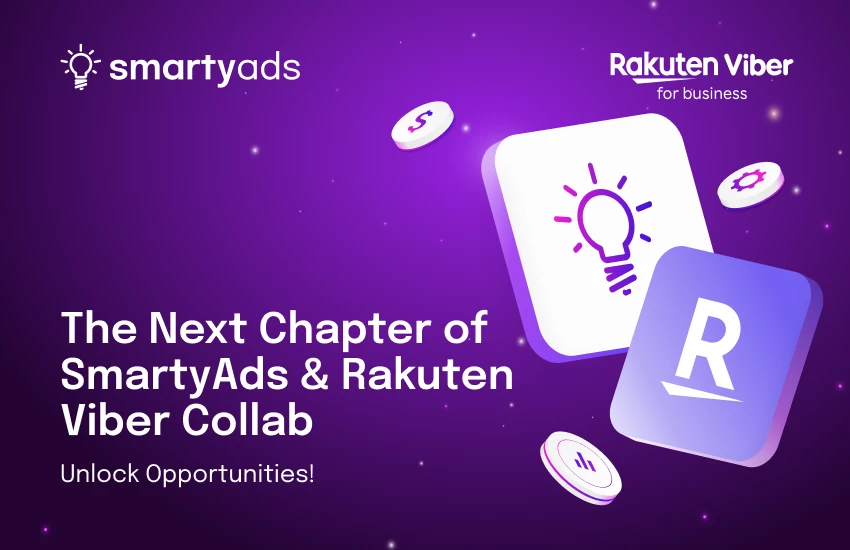The states of California, Colorado, Connecticut, Delaware, Iowa, Indiana, Montana, Maryland, Nebraska, Kentucky, Rhode Island, Nevada, New Hampshire, New Jersey, Oregon, Texas, Utah, Virginia, Minnesota, Tennessee have laws that allow users to request that SmartyAds refrain from selling their
personal information or using it for targeted advertising.
Learn more at
Website US Privacy Section
and
Services US Privacy Section
You, or the person you’re requesting information on behalf of, must live in one of these states in order for your request to be
valid.
We collect personal data from you if you have visited our website (“Website Data”) or interact with our third-party advertising
clients who collect information on other services not associated with SmartyAds (“Service Data”). We can promptly honor your
privacy choices regarding Website Data. Due to the way that our services function, we may not always be able to associate your
request with any Service Data because we do not retain all user-level data in the form of identifiable personal data after an ad
has been delivered . However, you can submit your device identifiers to us and we will attempt to opt you out of future targeted
advertising campaigns that we process when we see the identifiers you’ve provided. Click “Next” to proceed.
